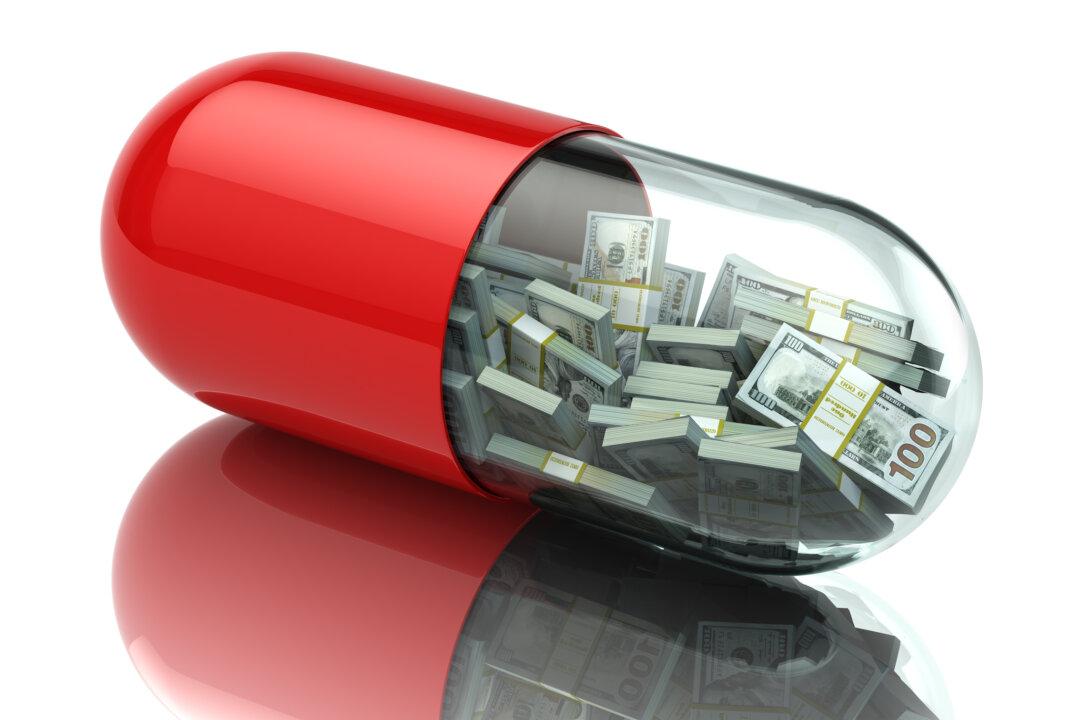“Lexapro appears to relieve the symptoms of depression and anxiety by increasing serotonin,” says an ad on the Bonkers Institute, a website that archives drug ads and also satirizes pharma claims and shaky science.
“Zoloft works to correct a chemical imbalance in the brain which may be related to symptoms of depression,” another ad says.






